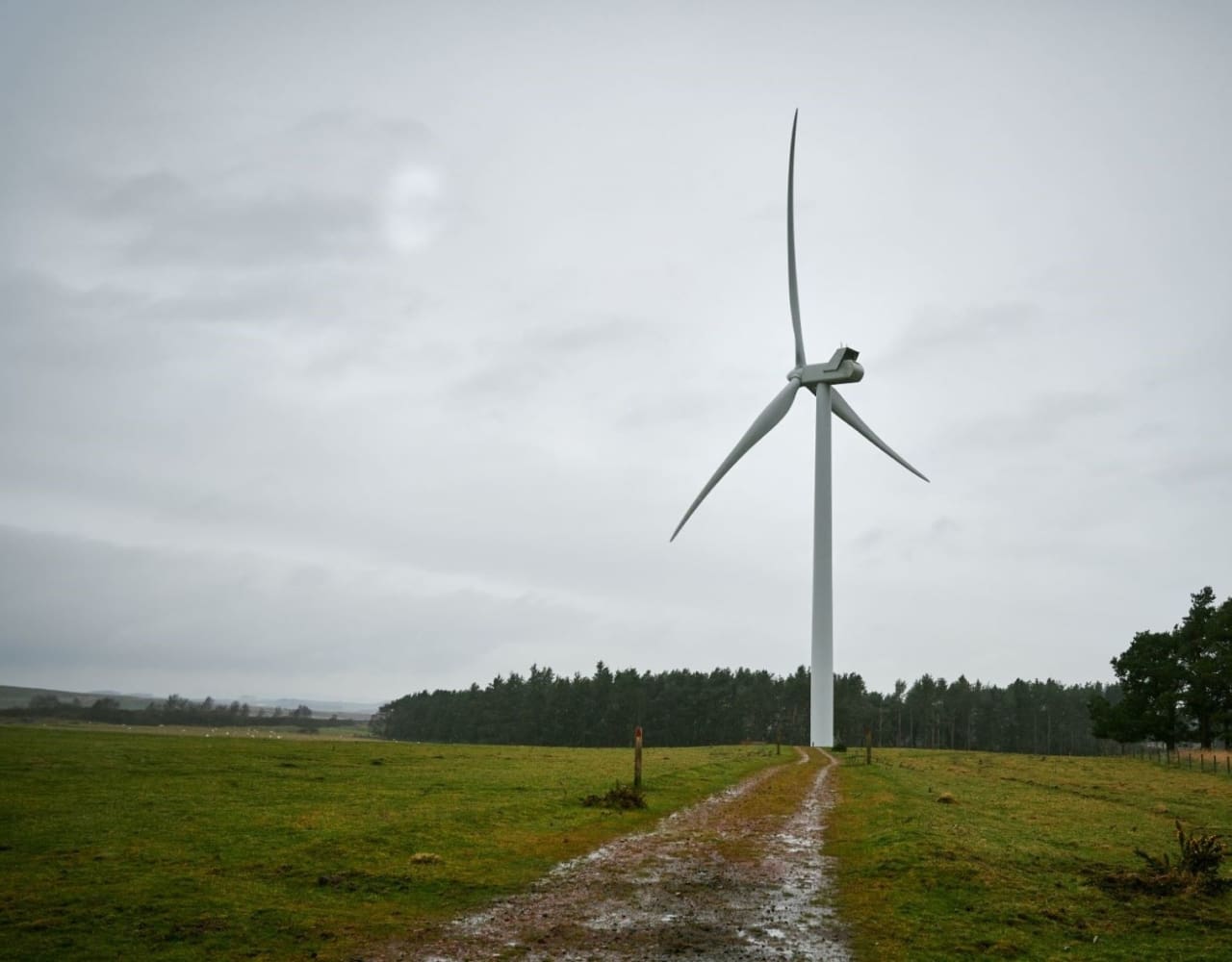Contact our offices
Main office
COLBURN
5 & 6 BAILEY COURT
COLBURN BUSINESS PARK
RICHMOND
NORTH YORKSHIRE
DL9 4QL
Estate Agency Offices are located in
BARNARD CASTLE, BOROUGHBRIDGE & RICHMOND
Residential Management Team
Our Offices
- Alnwick
01665 568310
Email Officealnwick@gscgrays.co.uk - Barnard Castle
01833 637000
Email Officebarnardcastle@gscgrays.co.uk - Boroughbridge
01423 590500
Email Officeboroughbridge@gscgrays.co.uk - Chester-Le-Street
0191 3039540
Email Officechester-le-street@gscgrays.co.uk - Colburn
01748 897630
Email Officecolburn@gscgrays.co.uk - Driffield
01377 337180
Email Officedriffield@gscgrays.co.uk - Hamsterley
01388 487000
Email Officehamsterley@gscgrays.co.uk - Hexham
01434 611565
Email Officehexham@gscgrays.co.uk - Kirkby Lonsdale
01524 880320
Email Officekirkbylonsdale@gscgrays.co.uk - Penrith
01768 597005
Email Officepenrith@gscgrays.co.uk

The Road to Net Zero
The subjects of carbon auditing and Net Zero have been gaining increasing coverage in the national and farming press over the past 18 months. Whilst agriculture is often in the spotlight, and with much of this rhetoric being largely negative, how is the industry responding and what benefits can the farmers that get on board expect as a result?
Net Zero targets
The Paris Agreement is an international treaty on climate change which set the legally binding target of achieving Net Zero emissions by 2050 on every industry in the 196 countries that made the commitment, including the UK.
The farming industry has recognised the significant role it has to play in the UK’s ability to achieve this target. Indeed, the NFU have set an industry deadline for agriculture to be Net Zero by 2040, some 10 years ahead of schedule.
Rising pressure on farmers
As climate change rises up the list of government, industry and public priorities, so increases the pressure on farmers to take ownership of both their contribution to the carbon emission issue, and of their role in helping other industries to offset their carbon emissions.
Many farmers that have engaged in carbon auditing have done so at the behest of their supply chain who can see market benefits in being able to promote their produce as Net Zero, sooner rather than later. Indeed, some supermarkets have pledged that their produce will be Net Zero by 2030-35, well ahead of the 2050 deadline.
The banking sector is also starting to look at the carbon position of businesses when assessing lending requests. Banks too, will have to be Net Zero by 2050, and their lending portfolio will be a part of achieving this.
The need for farmers to demonstrate what they are doing to reduce their carbon footprint is clear, and it’s gaining pace.
Farmer uptake
From what I see on the ground, much of the conversation around the road to Net Zero for farmers has yet to permeate far. Why? Farming is hard at the best of times and anything that makes things harder still has, understandably, tended to fall down the list of a farmer’s priorities.
The farming industry holds a unique position in the net zero debate. Not only is agriculture responsible for a significant contribution to greenhouse gas emissions it is also part of the solution thanks to its unique ability to offset emissions through carbon sequestration.
This provides the perfect opportunity for farm businesses to get on board, to turn the negative rhetoric to the positive, and truly begin to drive the narrative.
Get on board with carbon accounting
Net Zero targets have propelled the importance of carbon accounting which is expected to become a major part of future agricultural policy and a requirement of farm assurance schemes going forward.
A key component of this is the carbon audit which provides an assessment of the emissions produced as a result of the farm’s operations alongside an assessment of the carbon sequestered by the woods, hedges, peatlands or soils on the holding.
Crucially, there are clear, achievable gains that a farm business can make immediately by understanding their carbon footprint, not least of which are the improved efficiency of production and increased enterprise profitability which result.
Identifying efficiency savings within a farm enterprise
Efficiency of production plays a significant role in carbon emissions.
A carbon footprint can detail the emissions per kg of output. For example, a footprint per kg of liveweight meat produced can be used to look at the value gained for that kg of meat, and how efficiently it was produced.
Every day an animal is on the holding it affects the carbon footprint. If you feed two animals the same diet and achieve the same sale price, but one takes ten days longer to finish, then the carbon footprint per kg of deadweight for the second animal will be poorer. At the same time, the second animal being on the holding for ten days longer will have incurred additional costs – same sale price, but more costs and more carbon emissions.
Analysing the carbon footprint in conjunction with the financial performance of each enterprise on the farm begins to provide the business with a tool – improving the carbon footprint can translate into improved enterprise profitability.
The same applies to every enterprise on the farm – producing more efficiently should reduce the overall emissions and improve farm profitability.
Is Net Zero good enough?
Focussing on the above should help to reduce emissions but it will not get a business to Net Zero alone, not by a long way. Each business will need a long-term carbon mitigation plan, looking at every aspect of the business to achieve the Net Zero goal.
Carbon sequestration in hedgerows, woodland, peat, and soil may all play a role, but there are still question marks over how this is verifiably counted. The soil carbon sequestration element, heralded by many as a silver bullet, may not hold the promise for everyone that is hoped.
And is Net Zero enough? Net Zero simply means the business is balanced in terms of emissions and offsets. For any business wanting to generate income from carbon in future, then Net Zero will simply not be good enough. Those businesses will need to target Net Negative i.e. have sufficient carbon to offset their own emissions and leave a balance that can be traded.
Take the first steps sooner, rather than later!
Achieving Net Zero will be a long-term project for everyone, and Net Negative longer still, so more reason to make a start sooner rather than later. The excuse that a lot of the science around sequestration is not yet where it needs to be, should not be used by farmers to put off taking the first steps into carbon auditing. Creating a baseline, understanding the areas on the farm where improvements can be made, which will ultimately help make more money for the business, should be started now, and should pay dividends in the long run.











